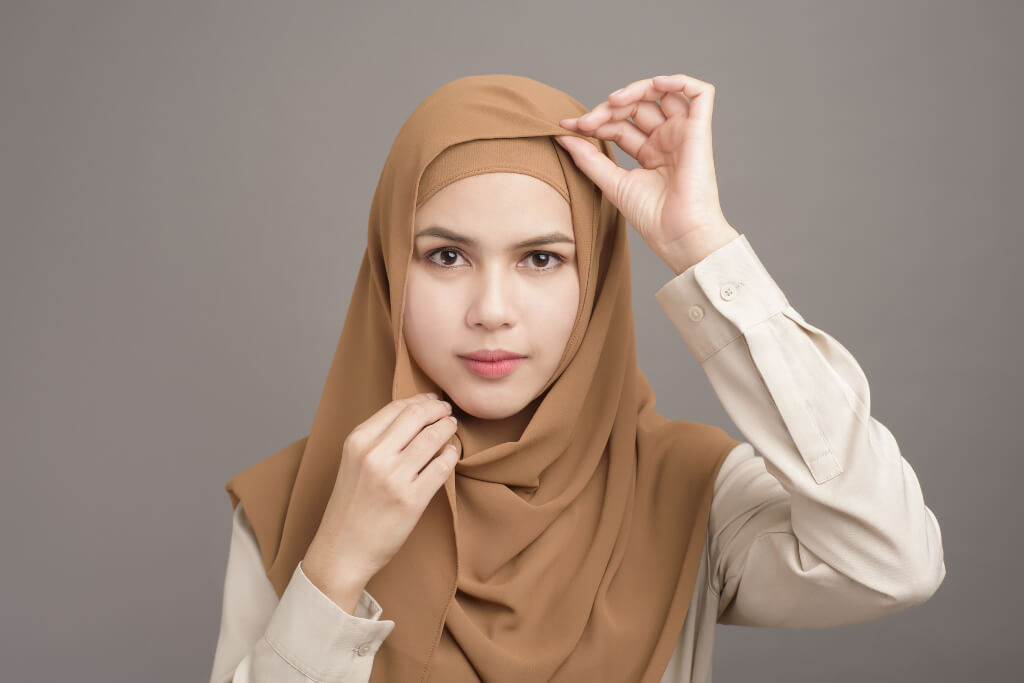A prohibition on female footballers wearing Islamic hijab scarves has been upheld by France’s highest administrative court, a landmark ruling that further stirs the pot of debate surrounding religion and sports. According to the court’s official statement, they made this decision to preserve a sense of “neutrality” among contestants and ensure the orderly progression of games free of any religious confrontation or dispute.
The Regulatory Framework
An FFF rule forbids players to show their political, philosophical, religious, or union affiliation while competing, and this ruling is in response to that rule. The court’s ruling was precipitated by a group of Muslim female footballers known as the “Hijabeuses” who had taken up guns against this regulation.
This decision is grounded in the secularist philosophy of France, known as lacité. Secularism is both celebrated for maintaining the state’s religious equality and criticized for functioning as a tool to marginalize ethnic and religious minorities, especially Muslims, despite its status as a pillar of national identity. Politico-Legal Situation
The French political establishment has not been silent on this matter. Politicians, especially those trying to win over the far right, have found the discussion over the hijab ban to be a useful rallying cry.
According to Interior Minister Gerald Darmanin, the “Hijabeuses” want to “batter” the republic, hence he wants the court to defend neutrality on sporting fields. Similar sentiments have been expressed by other politicians, such as those affiliated with the conservative Republican party and the extreme right-wing National Rally.
Marine Le Pen, leader of the far right, tweeted her opposition to wearing a hijab in sports. And we shall legislate its observance to guarantee it.
Initiated Statutory Reforms
When Republican leader Eric Ciotti said that his coalition would propose a measure on the matter if the legal system permitted the hijab, it became evident that the issue may inspire legislative action. Even Sports Minister Amelie Oudea-Castera didn’t completely rule it out, saying further “clarification” was needed.
The Constitutional Council has dropped hints that it might take legal recourse against “insult, denigration, encouragement to prejudice, or threats,” which is an intriguing development.
The International Sports Scene
This decision is being made in the context of a worldwide discussion and examination of the role of religious garb in competitive athletics. The International Basketball Federation (FIBA) reversed its previous policy of prohibiting players from wearing religious head coverings in 2017. Women wearing hijabs have also been accepted into the sport of judo by the International Judo Federation. These rulings have strengthened the case for tolerance and religious freedom in sports, prompting many to wonder if the French ban represents a regression.
The complicated relationship between sports, religion, and politics is on full display in the maintenance of the hijab ban in French women’s football. As the discussion develops, important issues related to neutrality, religious liberty, and the scope for individual expression in sports are brought to light. The verdict will undoubtedly have repercussions well beyond France’s borders, influencing discussions about sports, diversity, and secularism around the world.
The sports industry is at a crossroads where history and the present meet. This crossroads, which is intrinsically linked to societal shifts, begs difficult issues. Questions of secularism, personal freedom, and the role of sports in encouraging inclusivity arise in the case of the French court upholding the hijab ban in women’s football.
It’s not a brand-new rule. In 2004, France implemented a law banning the hijab and other visible religious symbols in public institutions. This law marked a watershed moment in France’s long tradition of lacité, a strict kind of secularism that maintains a wall of separation between church and state. This idea has been used and debated in many fields, including sports, over the years.
This underlying tension is being brought into fuller perspective by the discussion over the hijab ban in women’s football. The secular tradition of France is reflected in the court’s verdict. It runs counter to the movement towards more open membership in other sports governing bodies such as FIBA and the International Judo Federation.
This incongruity suggests that the ban’s ultimate fate is still up in the air and subject to influence from several sources. Conflicts in the courts, public opinion, political will, and changing global standards all could affect the future of religious freedom in sports. Regardless of the final verdict, it’s apparent that this dispute represents a watershed moment in the discussion about sports’ place in modern culture.
The world of sports should be one where tolerance, acceptance, and admiration flourish. An athlete’s individuality and views should not be sacrificed in the name of impartiality in athletics. Any policy that appears to undercut these ideals needs to be discussed in greater depth and with more subtlety.
The beauty and complexity of the universe may be seen in sports, which serve as a microcosm of civilization. Conflicts like the one over the hijab ban are a result of the interplay between culture, politics, and individual rights in the sports arena. But these disagreements force us to examine our values and look for answers that respect the diversity of our global community.
The French court’s decision to preserve the hijab prohibition in women’s football has sparked heated debate, highlighting the complex interplay amongst sports, politics, and individual liberties. Undoubtedly, this debate will develop further, forcing us to consider the crucial query: What sort of society do we want our sports to mirror?
About the Author
Ronald Moyo is an acclaimed sports journalist and avid football enthusiast based in Johannesburg. With over a decade of experience reporting on South Africa’s football scene, Thabo brings a wealth of knowledge and a sharp analytical perspective to every article.




